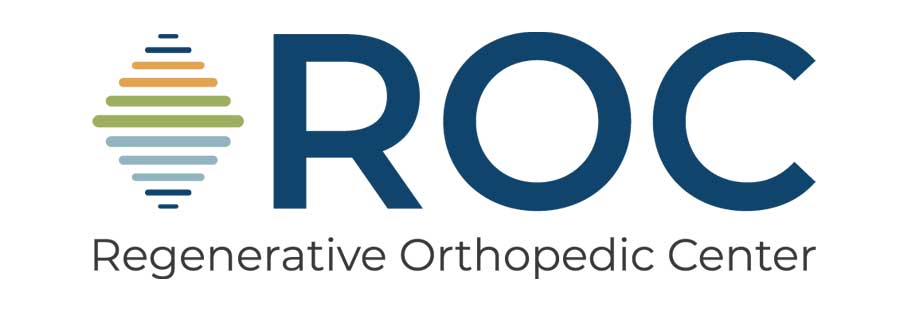Degenerative disc disease (DDD) is a condition affecting the spinal discs, where gradual wear and tear leads to pain and discomfort. Though commonly associated with aging, DDD can affect individuals of all ages and may significantly impact daily life. In this blog, we’ll explore the causes, symptoms, and available treatments for degenerative disc disease to help those affected find effective management options.
Understanding Degenerative Disc Disease
Degenerative disc disease isn’t truly a “disease,” but rather a natural part of aging. The condition occurs when spinal discs—located between vertebrae and acting as cushions—begin to lose their flexibility, elasticity, and shock-absorbing properties over time. As discs degenerate, they may lead to pain, decreased mobility, and other complications.
Causes of Degenerative Disc Disease
DDD develops when spinal discs lose water content and elasticity, which can happen due to:
- Aging: The most common cause, as discs naturally dry out and shrink with age.
- Injury or trauma: Sudden impacts or repeated stress can accelerate degeneration.
- Genetics: A family history of DDD may increase susceptibility.
- Lifestyle factors: Smoking, poor posture, and physical inactivity can weaken the spine, making discs more vulnerable.
Symptoms of Degenerative Disc Disease
Symptoms vary, depending on the affected area of the spine and the extent of disc degeneration. Common symptoms include:
- Pain in the lower back or neck: Often, pain worsens with movements like bending or lifting.
- Numbness or tingling: Nerve compression may cause these sensations in the arms or legs.
- Reduced flexibility and mobility: As discs deteriorate, the spine may lose its range of motion.
- Pain that improves with specific movements: Some find that lying down or walking provides relief, as opposed to sitting or standing for long periods.
Diagnosing Degenerative Disc Disease
Diagnosis typically involves a physical examination and a review of medical history, followed by imaging tests such as X-rays, MRI, or CT scans to assess disc damage and rule out other conditions.
Treatment Options for Degenerative Disc Disease
Conservative Treatments
Conservative, non-surgical treatments are the first line of defense in managing DDD symptoms and may include:
- Medications: Over-the-counter pain relievers, anti-inflammatory drugs, and prescribed medications can help manage pain.
- Heat and cold therapy: Applying heat or cold packs can relieve muscle tension and inflammation.
- Lifestyle changes: Maintaining a healthy weight, practicing good posture, and engaging in low-impact exercises can strengthen the spine and reduce strain.
- Spine-friendly exercise: Strengthening the core muscles helps support the spine and improve stability, potentially reducing pain.
Minimally Invasive Procedures
If conservative treatments are not effective, other options may be explored:
- Epidural steroid injections: These injections can reduce inflammation around the affected nerve and provide temporary pain relief.
- Radiofrequency ablation (RFA): This procedure involves using radiofrequency energy to “deaden” the nerves around the affected disc, alleviating pain for several months.
Surgical Treatments
In severe cases, surgery may be considered:
- Spinal fusion: This procedure fuses the affected vertebrae together, reducing movement in the affected area and relieving pain.
- Disc replacement: Artificial disc replacement involves replacing the damaged disc with a prosthetic one, which can help preserve mobility.
Preventing Degenerative Disc Disease
While aging is inevitable, you can take steps to slow the progression of DDD and reduce the risk of pain:
- Stay active: Engage in regular, low-impact exercises to keep your spine strong and flexible.
- Avoid smoking: Smoking can decrease blood flow to the discs, accelerating degeneration.
- Practice good posture: Proper alignment can reduce unnecessary strain on the spine.
- Maintain a healthy weight: This can help relieve pressure on the spine and its discs.
Finding Relief: How ROC Can Support Your Spine Health
Degenerative disc disease can be challenging to live with, but with the right approach, symptom relief and improved quality of life are achievable. From lifestyle adjustments to advanced treatment options, a variety of choices are available to help manage DDD.
At ROC, we understand the complexities of spine health and are committed to providing comprehensive care for conditions like degenerative disc disease. If you’re experiencing symptoms or have questions about DDD, reach out to us to learn more about your options and take the next steps toward better spine health.
